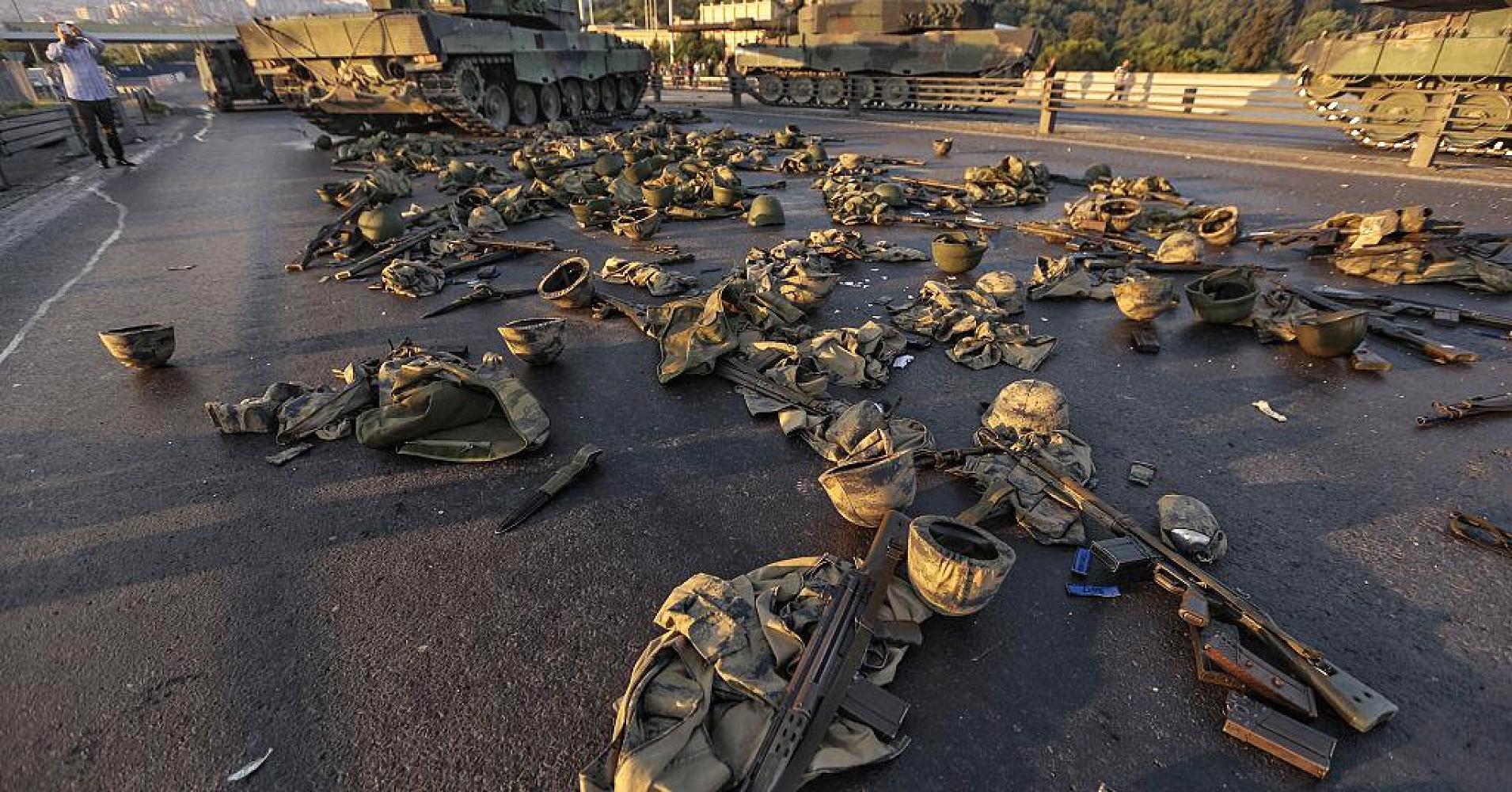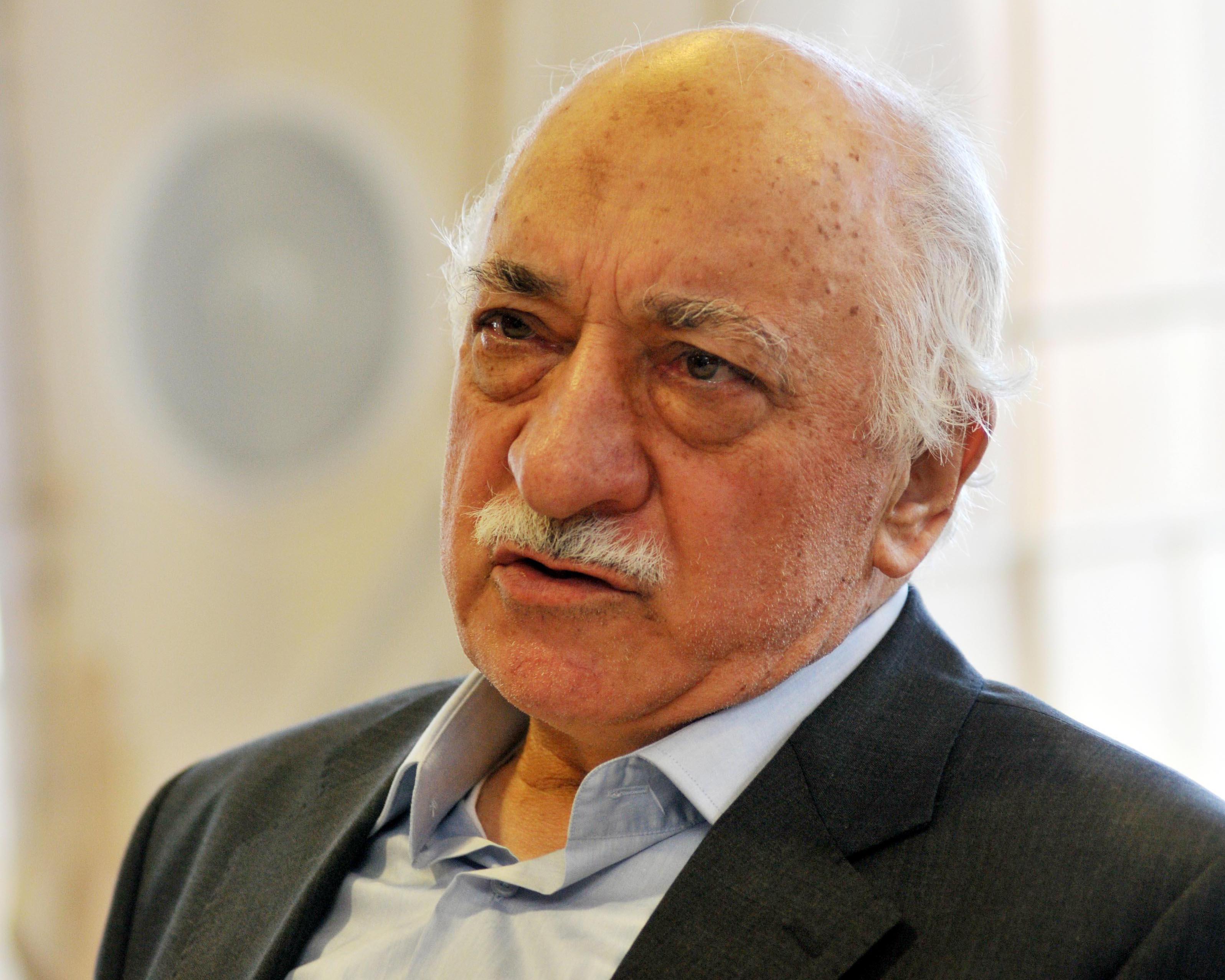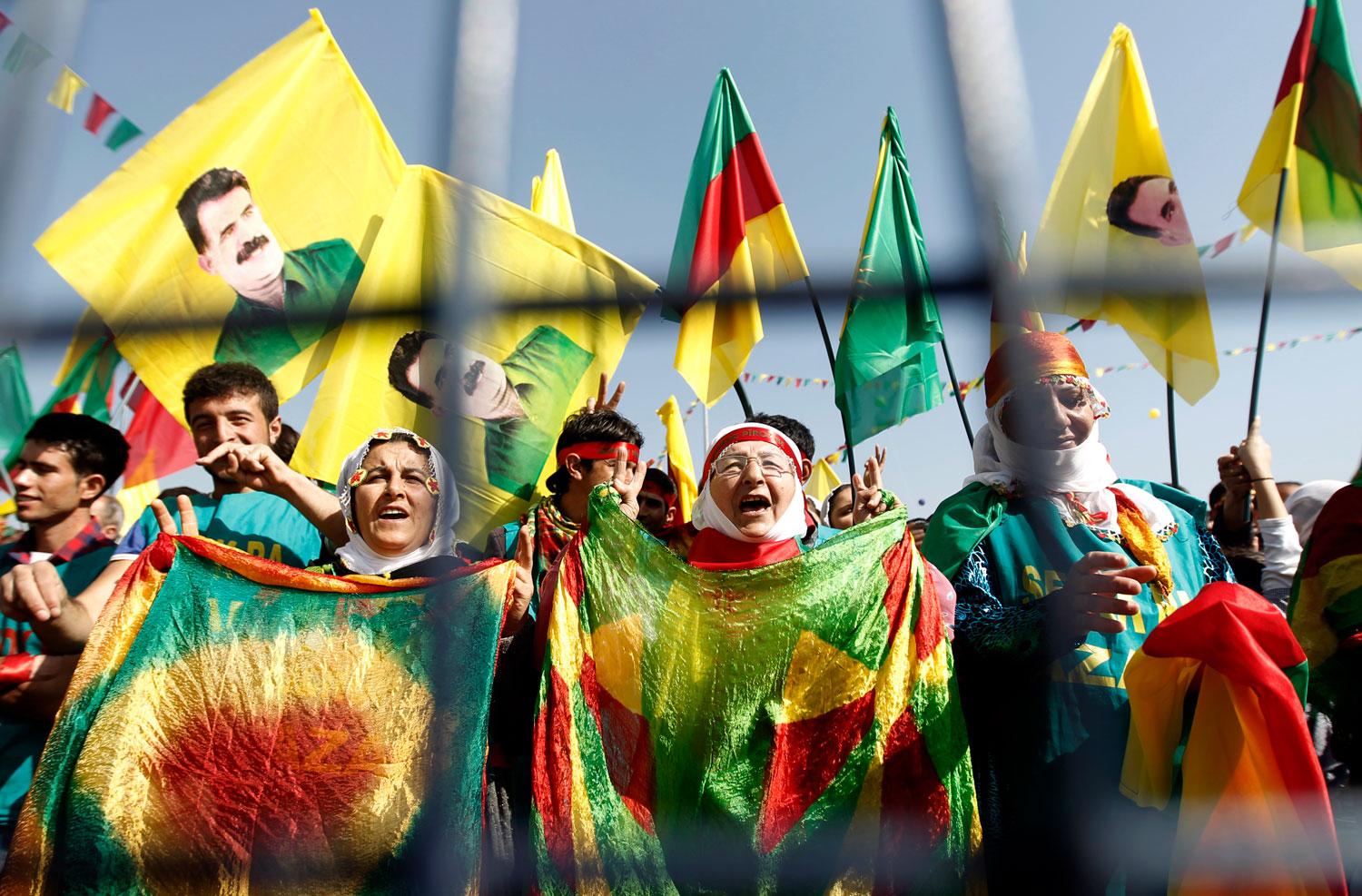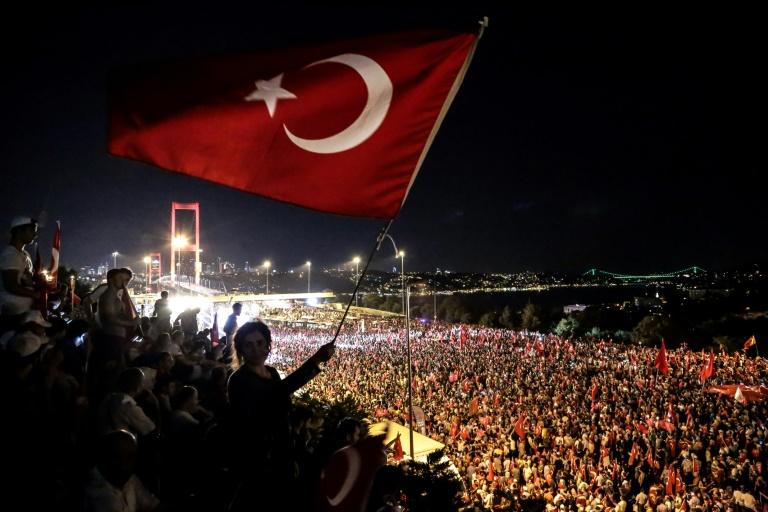Through a Glass Darkly: Perceptions of Post-Coup Turkey
archive

Through a Glass Darkly: Perceptions of Post-Coup Turkey
Ever since the failed July 15th coup in Turkey there has been confusion and controversy surrounding interpretation of the twists and turns of Turkish internal and foreign policy. Within Turkey, reliable polls show that around 90% of Turks (including most seculars, who are highly critical of Erdoğan’s leadership, as well as the main opposition parties) support the view that the religious movement headed by Fetullah Gülen, a shadowy Turkish cleric who resides in Pennsylvania, was responsible for this effort to overthrow the elected government. Outside Turkey, this agreement is downplayed or even challenged.

The defeat of the coup attempt is regarded by the Turkish government as the most heroic event of post-Ottoman history, a time when the people rose up to defend their state and its elected leaders, which took the lives of 265 citizens who confronted unarmed the tanks and heavy weapons of coup perpetrators. In public celebration of these exploits, landmarks throughout the country have been renamed. For instance, the famous Bosporus Bridge is now officially “15th of July Martyr’s Bridge” where heavy fighting took place.
Beyond responsibility for the attempted coup, Gülenists have deeply penetrated the judicial, security and strategic institutions of the Turkish government posing serious, ongoing threats to the stability of the country. In response, Erdoğan has been given emergency powers to govern by decree, including uncontested authority to dismiss, detain, imprison, and prosecute. Many of the detained, well over 100,000, held positions within government, media, and academia. Opposition forces inside and outside of Turkey insist that the Gülen threat has been deliberately exaggerated by Erdoğan to provide a pretext for advancing his authoritarian agenda, as well as a cover for purging public institutions of Kurdish supporters.

The international discourse on Turkey has, in contrast to Erdoğan’s portrayal, misleadingly obscured the linkage between the failed coup and Gülen, at most making a non-committal acknowledgement that responsibility is ‘alleged’ by Ankara. Instead, most international attention is devoted to sharp criticism of the crackdown, while virtually ignoring the multiple dangers facing the Turkish state as a result of an alarming series of terrorist attacks from multiple sources (ISIS, PKK, and Gülenists) that are destabilizing the society, frightening the citizenry, and scaring away Western tourists.
Part of what makes the Turkish situation so difficult to understand is a sharp divergence in interpretation between those who focus on Erdoğan’s authoritarian undermining of Turkish democracy, on the one hand, and those who regard the situation as essentially shaped by overlapping threats to the security of the state and society, on the other. If this is not confusing enough, Turkish suspicions about US links to the Gülenists and American concerns about Turkey’s turn toward Russia have added layers of complexity to the overall picture.
At the core of the confusion are shifts in Turkish foreign policy that partly reflect Ankara’s disappointments with United States and European Union behavior. Turkey as a staunch NATO member resented the ‘wait and see’ attitude adopted by Washington and Brussels during the coup attempt last July. This resentment was accentuated by Turkish suspicions associated with past American conduct. In 2001 Fetullah Gülen, living in self-imposed exile, received a green card as a result of CIA support that overrode objections by the FBI and the State Department. It is widely believed in Turkey that the US government was not innocent in relation to the coup attempt and at least possessed foreknowledge, although some allege material encouragement of the coup by American military personnel stationed at the Incirlik Airbase.
Most international attention is devoted to sharp criticism of the crackdown, while virtually ignoring the multiple dangers facing the Turkish state...
The American preoccupation with Russian hacking in the 2016 presidential election intersects with the Turkish developments discussed above. Turkey’s shifting international alignments partly express the belief that the US was not supportive of Ankara during the coup, and afterwards dragged its feet as to whether to honor Turkey’s urgent request to extradite or deport Gülen to face trial. Turkey is also deeply disturbed that the US continues to treat the Syrian Kurdish anti-Assad YPG (People’s Protection Units) as an ally in its struggle against ISIS. For Ankara the YPG is a Syrian extension of the PKK, and, in effect, a component of Kurdish terrorist nationalism. As Turkey shifted its priorities away from regime change in Damascus to the struggle against the Kurds, fearing an independent Kurdish state emerging in northern Syria, tensions with Washington have steadily mounted.

These tensions are further greatly aggravated by Turkey’s seemingly effective partnership with Russia in Syria and in meeting the Kurdish challenge. The basic bargain that has been struck between Putin and Erdoğan involves a Turkish softening of its anti-Assad Syrian stance in exchange for Russian assistance in relation to Ankara’s anti-Kurdish and anti-ISIS priorities.
Surprisingly, even the assassination of the Russian Ambassador in Ankara on December 19th did not prevent the issuance of the Moscow Declaration on regional cooperation issued the following day. This development was especially disturbing to the US foreign policy consensus because of the inclusion of Iran in this trilateral reshuffling of Turkish relations and policy objectives.
Such considerations again remind us of the relevance of Trump’s electoral victory. Clinton, with bipartisan backing, was moving toward a clash with Russia risking a new cold war. Her expected approach centered on countering Russia’s supposed expansionist moves in Crimea and Ukraine as well as its exertion of pressure on the Baltic states. Trump, in contrast, has been expressing admiration of Putin, suggesting that Russia and the United States have common interests in Syria and elsewhere in the Middle East. Against this background it is hardly surprising that the Kremlin favored Trump or that even most Republicans in the American national security establishment favored Clinton.
With the prospect of a Trump presidency, it is difficult to assess from what direction the winds will blow in Turkey. It appears that Ankara hopes to be able to persuade Trump’s US to join the anti-ISIS and anti-Kurdish collaboration with Russia, while moving from a Syrian ceasefire to a political compromise on governance, a new constitution, and future elections.

Except for the inclusion of Iran in Turkey’s new diplomacy, such an altered geopolitics would seem compatible with Trump’s preferred foreign policy. Resolving the war in Syria, ending the confrontation with Russia, and reestablishing a working relationship with Turkey seem like win/win results. Yet, there are also unfortunate consequences of such developments. Once again, the Kurds in the region would be made to pay the price of siding with the United States as soon as geopolitical calculations shift against their interests. Also, if Israeli influence in the White House is as great now as seems likely, it might produce a dangerous confrontation with Iran that would put at risk not only the 2014 nuclear agreement so patiently negotiated by the Obama presidency, but an overall heightening of tensions that could end in another Middle Eastern war—with grave unforeseen consequences.
From Turkey’s perspective, caught up in this swirling set of relationships, it is a matter of walking a tightrope in the midst of a hurricane. The Turkish Prime Minister, Binali Yıldırım, says Turkey seeks “to increase the number of our friends and... decrease the number of our enemies,” making special reference to countries surrounding the Mediterranean and Black Seas. At first glance, this sounds like the Second Coming of the former Turkish foreign and prime minister Ahmet Davutoğlu’s policy of “zero problems with neighbors,” but times have changed drastically in the region due to the fallout from the Iraq War, occupation, and continuing strife, as well as the Arab Spring and its counterrevolutionary aftermath.

As the earlier discussion suggests, there are contradictory goals and shifting priorities that require pragmatic, even opportunistic, choices about friends and enemies. If Turkey needed Russia’s help to address overriding concerns about ISIS and the Kurdish challenge, then it was forced to downplay, if not abandon, its disastrous undertaking of recent years to force a regime change in Damascus. The Turkish turn to Moscow took on still greater meaning due to the cooling of Turkish relations with the United States and European Union ever since the coup attempt of last July.
Turkey has not forgotten that Russia was much more supportive of Erdoğan throughout and after the crisis than were Ankara’s NATO allies.
At present, the best guess is that despite these recent tensions, Turkey seeks to maintain continuity in its relations with the US and NATO, but only so long as it is accompanied by the independence Ankara needs in order to handle its regional and domestic security issues on the basis of flexible arrangements with neighbors, especially Russia and maybe even Iran.
Turkey has not forgotten that Russia was much more supportive of Erdoğan throughout and after the crisis than were Ankara’s NATO allies.
The threat that Erdoğan seeks to topple Turkish democracy surely exists, but it is important for commentators and the U.S. government to recognize that it is intertwined with genuinely alarming security concerns. It is also crucial to take account of the tendency of deeply alienated secular critics of Erdoğan and his Justice and Development Party (AKP) to exaggerate their failures and ignore their achievements. These distorting perceptions have been present ever since the AKP gained control of the Turkish government in 2002, and persisted despite their repeated electoral victories by wide margins ever since.

Editor's note: for more of Richard Falk’s commentary, visit Global Justice in the 21st Century



